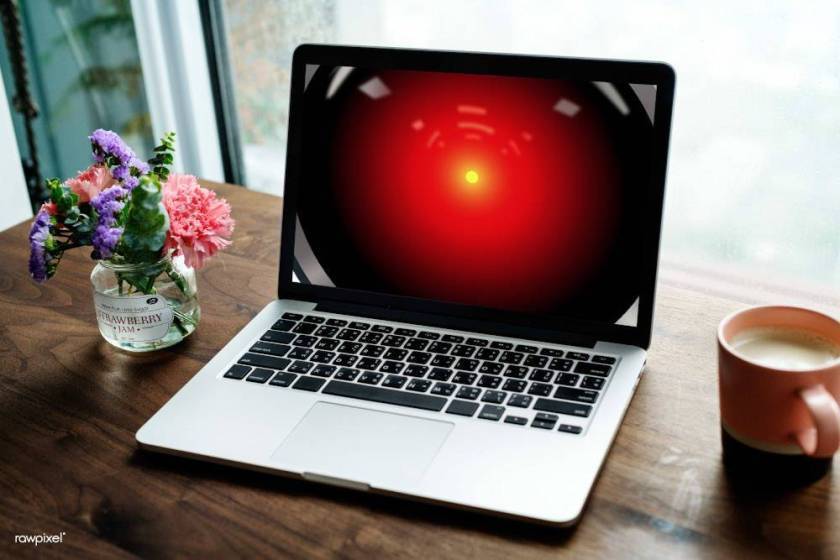
This past weekend in the @FT, Kim Stanley Robinson ponders the nature of the current climate emergency, trying to capture the "structure of the feeling" of our current moment.
ft.com/content/ff94df…
1/
ft.com/content/ff94df…
1/

In 2020, Robinson published an astonishingly good, optimistic and furious novel about the climate emergency, "The Ministry For the Future," whose goal was imagining what that "structure" feel like if we actually averted the end of civilization.
pluralistic.net/2020/12/03/min…
2/
pluralistic.net/2020/12/03/min…
2/
What's that mean? It's going beyond, "It is easier to imagine the end of the world than the end of capitalism." It's EASY to imagine the end of capitalism - I've written many postcapitalist worlds. The hard part is writing the ENDING of capitalism - the actual transition.
3/
3/
Robinson's MINISTRY is conflicted on this score. On the one hand, he describes spectacular acts of violence - say, terrorists knocking every private jet out of the sky - but never shows us what it's like to be in one of those jets, or what it's like to pull the trigger.
4/
4/
Now in the FT, Robinson tries to imagine a less bloody transition. We can tell that something is going to give: the pandemic, the fires, the floods and extreme weather events. Something is going to rupture.
5/
5/
Robinson makes a virtue of this sense of impending crisis. WWI, he says, sandbagged the world - the seemingly stable world order shattered in a matter of moments. As bad as it was, it was worse for being a surprise, for catching us all flatfooted.
6/
6/
By contrast, WWII was visible on the horizon for years, this impending doom that everyone saw coming - that people might have done something about. They tried - the League of Nations - but in the end, the crisis couldn't be averted.
7/
7/
For Robinson, the climate emergency is a WWII kind of emergency, and the Paris Accord is our League of Nations - thought whether it will enough to blunt the emergency is a great unknown.
8/
8/
Robinson lays out the problem. The world's petrostates - America, Canada, Russia, Australia, Saudi, Norway, etc - need to be bribed or coerced or shamed or convinced not to murder us all in order to make a couple trillion before the music stops.
9/
9/
It's a wicked problem, and in a fundamental sense, it's a monetary problem. A market system can't solve this. Re-engineering the world's infrastructure to decarbonize it is all costs, no profit. Stranding fossil fuel assets is market poison.
10/
10/
The market inescapably misprices existential risk: "The market systemically misprices things by way of improper discounting of the future, false externalities and many other predatory miscalculations, which have led to gross inequality and biosphere destruction."
11/
11/
Saving the planet is not high-yield. Building a "planetary sewage system" to "retrieve and disposing of the waste we’ve been dumping into the atmosphere" is a money-loser: "no one actually wants thousands of billions of tons of dry ice."
12/
12/
Despite the looming disaster, Robinson is bullish on the 89 large central banks' Network for Greening the Financial System and its "climate scenarios," which seriously contemplates reorienting the planet's productive capacity to climate mitigation.
ngfs.net/en/ngfs-climat…
13/
ngfs.net/en/ngfs-climat…
13/
He says that the pandemic taught us that, despite national borders, we're a single species on a single planet with a single, shared destiny. And he says that the vaccines showed that "science is powerful."
14/
14/
Given the power of science and the possibility of "carbon quantitative easing" (a possibility that owes itself to the collapse of deficit hawkism after the 2008 and 2020 stimuluses, which had many defects, but didn't trigger runaway inflation), Robinson sees cause for hope.
15/
15/
"The time has come to admit we control our economy for the common good. Crucial at all times, this realisation is especially important in our current need to dodge a mass-extinction event. The invisible hand never picks up the cheque; therefore we must govern ourselves."
16/
16/
ETA - If you'd like an unrolled version of this thread to read or share, here's a link to it on pluralistic.net, my surveillance-free, ad-free, tracker-free blog:
pluralistic.net/2021/08/23/don…
pluralistic.net/2021/08/23/don…
• • •
Missing some Tweet in this thread? You can try to
force a refresh





